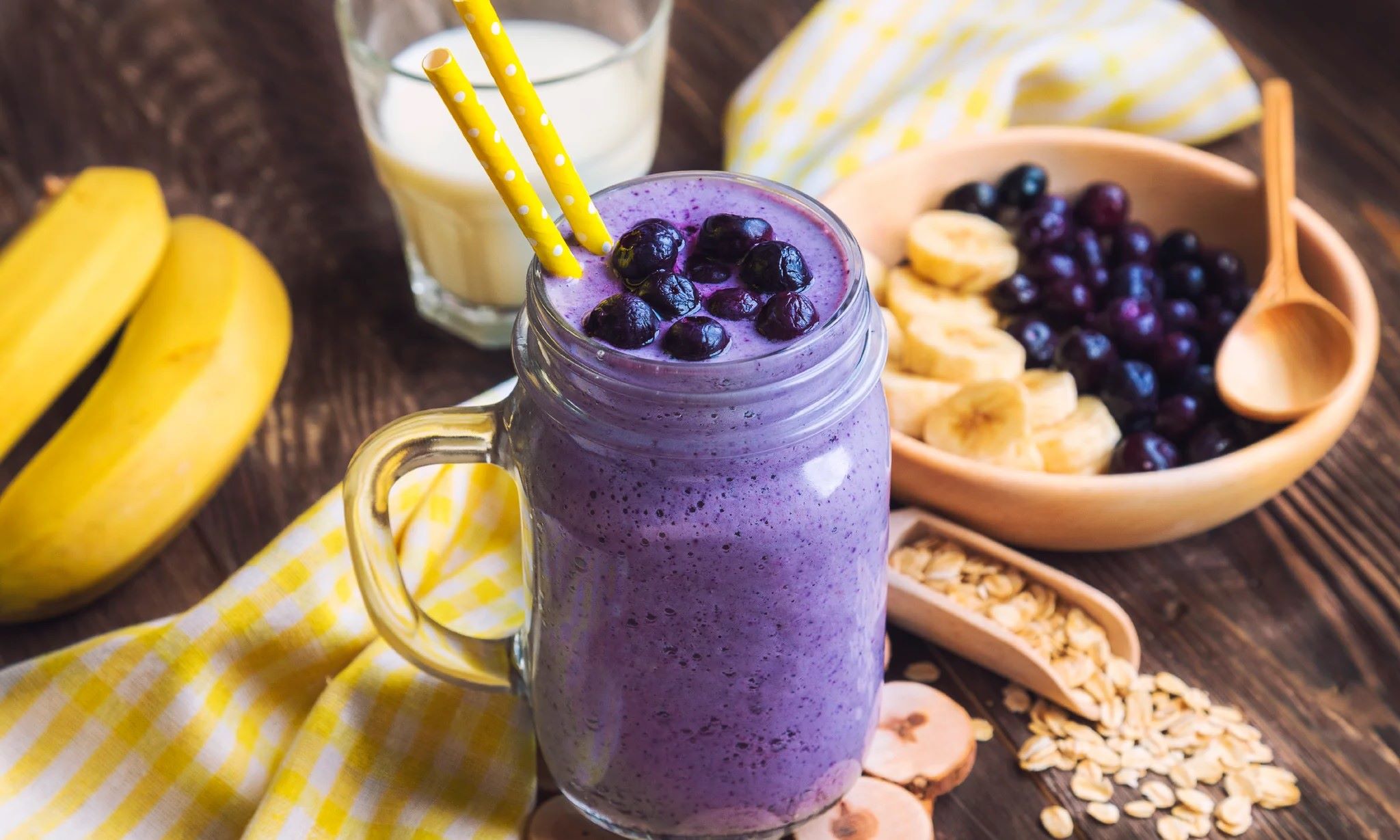Home>Eating>The Ultimate Guide to Sunday Grocery Shopping for a Healthy Week Ahead


Eating
The Ultimate Guide to Sunday Grocery Shopping for a Healthy Week Ahead
Published: February 21, 2024
Master Sunday grocery shopping for a healthy week with tips on planning, smart shopping, prep strategies, and avoiding common pitfalls.
(Many of the links in this article redirect to a specific reviewed product. Your purchase of these products through affiliate links helps to generate commission for Simplelivingeating.com, at no extra cost. Learn more)
Sunday is not just the end of the weekend; it’s the perfect opportunity to set yourself up for a week of simple and healthy eating for the whole family. With a bit of planning, a touch of strategy, and a commitment to nourishing choices, your grocery cart can become the cornerstone of wellness in your household. Let’s dive into the ultimate guide to mastering Sunday grocery shopping for a healthy week ahead.
Plan Your Attack
1. Craft a Comprehensive Meal Plan
Start with envisioning your week: delicious and easy breakfast ideas, energizing lunches, satisfying dinners, and even healthy autumn appetizers for a weekly meal plan. Think about variety, nutrition, and ease of preparation. Don’t forget to factor in snacks and any special dietary needs your family might have.
2. Make a List and Check it Twice
Transform your meal plan into a detailed shopping list. Organize your list by store sections (produce, dairy, meats, pantry staples) to streamline your shopping trip. This method saves time and helps resist the lure of impulse buys.
3. Embrace the Season
Incorporate seasonal produce into your meal plan for the freshest flavors and best prices. Autumn, for example, offers a bounty of squash, apples, root vegetables, and greens. Seasonal produce not only tastes better but also packs a higher nutritional punch.
Shop Smart
Read more: Grill Girl Applegate Hot Dogs: The Ultimate Guide To Grilling Delicious Applegate Hot Dogs
1. Navigate the Perimeter
The outer aisles of the grocery store are where the freshest foods reside. Start your shopping trip here and fill your cart with fruits, vegetables, lean proteins, and dairy before heading into the inner aisles for whole grains and pantry staples.
2. Read Labels with a Critical Eye
Not all products claiming to be healthy are created equal. Learn to decipher food labels, paying close attention to serving sizes, sugar content, and ingredient lists. The fewer the ingredients, the closer the food is to its natural state.
3. Bulk Up
Buying in bulk can save money and reduce packaging waste. Look for whole grains, nuts, seeds, and dried legumes in the bulk section. Just make sure you have a plan to use these ingredients to avoid waste.
4. Be Budget-Wise
Healthy eating doesn’t have to break the bank. Compare prices, look for sales, and consider store brands, which often offer the same quality as name brands for a fraction of the cost. Planning your meals around sales and seasonal produce can also lead to significant savings.
Read more: Neapolitan Ragu: A Delicious Sunday Gravy
Prep for Success
1. Wash and Prep Produce
Once home, wash and prep your fruits and vegetables. Having ready-to-eat veggies makes it easier to whip up snacks and meals on the fly, ensuring that you reach for something healthy when hunger strikes.
2. Batch Cook Staples
Cook staples like grains, proteins, and legumes in bulk. Quinoa, chicken breasts, and black beans can be cooked and stored in the fridge or freezer, ready to be added to salads, wraps, or bowls throughout the week.
3. Portion and Store Snacks
Pre-portion snacks into individual servings to grab and go. Mixed nuts, chopped veggies, and fruit slices are great options that prevent overeating and make healthy snacking effortless.
4. Embrace the Freezer
Make use of your freezer to extend the shelf life of bread, meats, and even dairy products like cheese and milk. Freezing leftovers or batch-cooked meals ensures you always have a healthy option on hand, even on nights when cooking is the last thing you want to do.
Avoid Common Pitfalls
1. Never Shop Hungry
Shopping on an empty stomach can lead to impulse purchases of unhealthy items. Eat a nutritious snack before heading to the store to keep your focus on your list and your health goals.
2. Beware of Marketing Tricks
Just because a product is labeled “natural” or “whole grain” doesn’t mean it’s healthy. Stay informed and skeptical of health claims on packaging, relying instead on your knowledge of nutrition and ingredient lists.
3. Resist the Convenience Trap
Pre-packaged meals and snacks might save time, but they often come at a nutritional cost. With a bit of planning and prep, you can create healthier, homemade versions of these convenience foods.
4. Stay Flexible
Sometimes, the store might be out of an item, or you might discover a sale on a product you usually don’t buy. Be willing to adjust your meal plan and take advantage of these opportunities. Flexibility can lead to new culinary discoveries and savings.
Conclusion
Sunday grocery shopping is more than a chore; it’s an investment in your health and well-being. By planning ahead, making informed choices, and preparing for the week, you can enjoy a variety of nutritious, delicious meals that support your health goals. Remember, simple and healthy eating for the whole family starts with the choices you make in the grocery aisles. Happy shopping!












